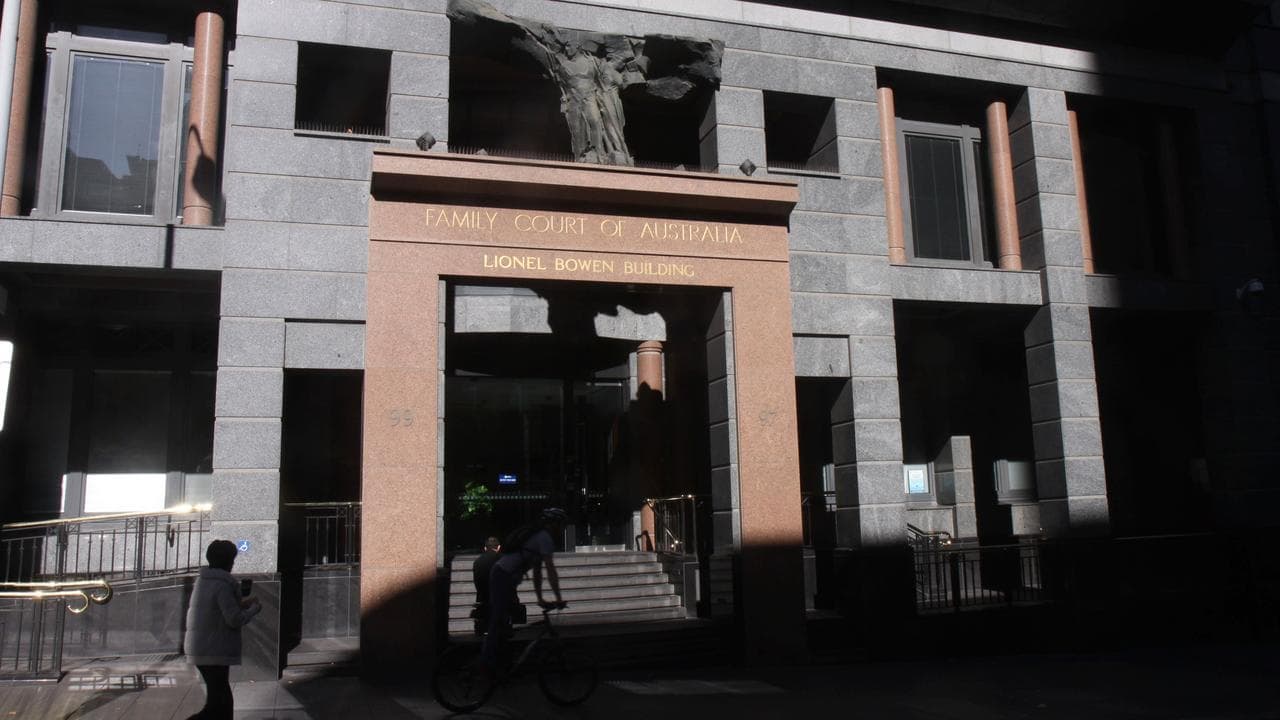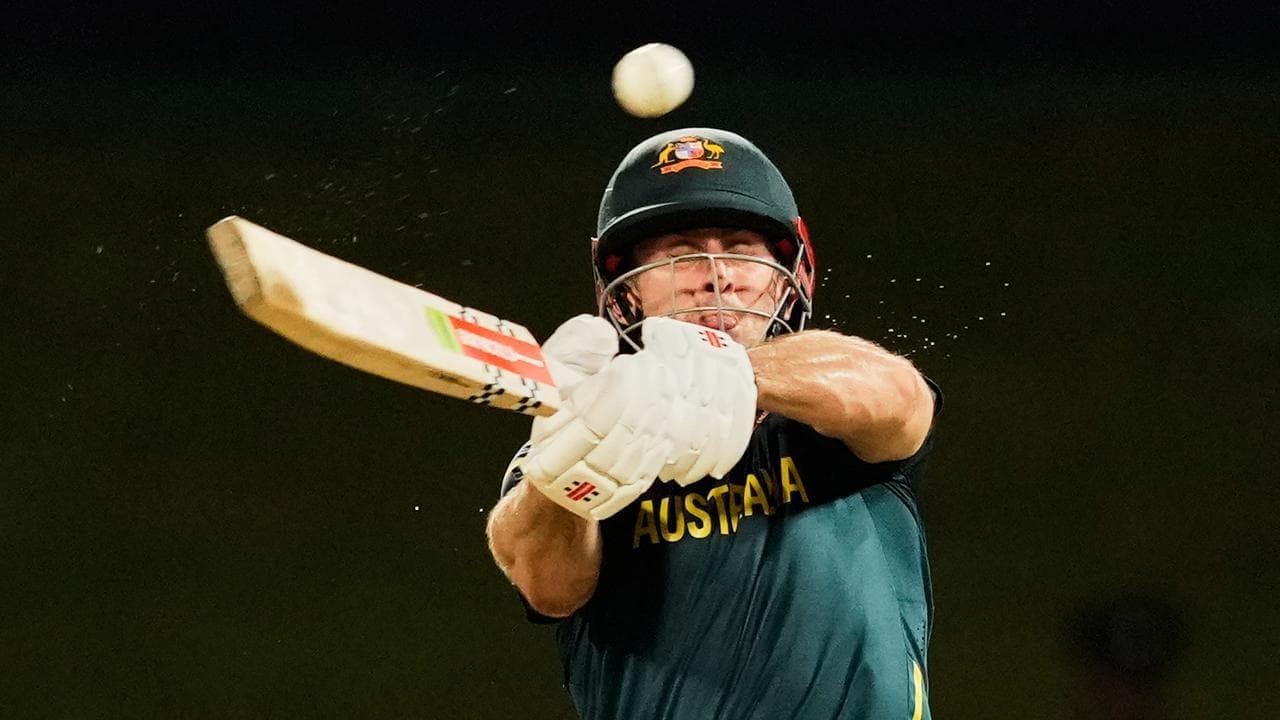WHAT WAS CLAIMED
New Zealand has passed the world’s most extreme abortion legislation, allowing abortions on demand until birth.
OUR VERDICT
False. New Zealand only allows for abortions after 20 weeks if a medical practitioner believes it is appropriate, in line with several other jurisdictions.
A "pro-freedom" group claims in an Instagram video that New Zealand has passed the world's "most extreme" abortion laws, allowing on-demand terminations until birth.
However, reproductive law experts told AAP FactCheck the claim is false. New Zealand decriminalised abortions in March 2020, but only allows it after 20 weeks with the approval of two medical practitioners, in line with several other jurisdictions worldwide. There have been no amendments to the legislation.
Reignite Democracy Australia posted the video (screenshot here) on July 28. It is a repost of a 2020 discussion on American Christian TV network Daystar and has more than 68,000 views. The video has also been shared on Facebook.
The video's hosts make several claims about the NZ legislation including abortion will be available on demand up to birth; sex-selective abortion will be legalised; there will be no requirement for a doctor to be involved in providing an abortion; and no requirement that babies born after a "failed abortion" be given medical support.
The post's caption next to the video states: "NZ passes world's MOST EXTREME abortion legislation. You can now have an abortion in NZ for ANY reason, without doctor consultation, until birth. The baby can be partially born for harvesting their hearts and then 'aborted'. The baby will have no pain relief whatsoever. Even if you are 'pro choice' regarding abortion...surely THIS IS TOO FAR!"
Professor Mark Henaghan, a family law expert at the University of Auckland, told AAP FactCheck that it is incorrect to say abortions in NZ are available on demand for any reason up to birth.
"For the first 20 weeks you don't need a clinical or other reason," Prof Henaghan said in a phone interview. "(However), after 20 weeks, two practitioners have to look at it - two qualified health practitioners - and it has to be clinically appropriate."
This requirement is common in many jurisdictions around the world, invalidating the claim New Zealand's abortion laws are "the most extreme". AAP FactCheck previously found several countries allow for abortions in the second and third trimesters (after 13 weeks), with most requiring medical practitioner consultation for late-stage abortions.
Several jurisdictions, including Canada, the Netherlands and some Australian states and territories, allow for abortions on request up to 24 weeks or later, compared with 20 weeks in NZ.
University of Otago women's health expert Dr Helen Paterson echoed Prof Henaghan's assessment, pointing to section 11 of the Abortion Legislation Act 2020, which states: "A qualified health practitioner may only provide abortion services to a woman who is more than 20 weeks pregnant if the health practitioner reasonably believes that the abortion is clinically appropriate in the circumstances."
The legislation says health practitioners must consider the physical and mental health and overall wellbeing of the mother, as well as the gestational age of the fetus.
"Thus, there are many restrictions to access over 20 weeks," Dr Paterson told AAP FactCheck in an email.

While the legislation doesn't explicitly ban sex-selective and disability-selective abortion after 20 weeks, Prof Henaghan says it makes clear these wouldn't be allowed.
"It's got to be clinically appropriate after 20 weeks so that requires physical health and wellbeing obviously of the person and you also have to look at the gestational age of the (fetus)," he said.
"It's not clinically appropriate to do it for sex selection or for disability selection. There is a bit of discretion there but it's not a matter of 'I want this child removed after 20 weeks because it's a female or it's a male'. It's pretty clear the way it's worded it wouldn't be clinically appropriate."
For the claim there is no requirement for a doctor to be involved in providing an abortion, Prof Henaghan says this is also misleading. Regardless of the gestational period, an abortion must be provided by a qualified health practitioner.
"It's not limited to doctors, it does include qualified midwives and qualified nurses as well, but it has to be a qualified health practitioner - it's not just anyone can perform an abortion," he said. "It's not accurate what they've said there."
The claim the legislation removes the requirements for babies born after failed abortions to be given medical support is also false.
Prof Henaghan said this requirement was never specified in the legislation as there were "implied ethical duties on doctors to give that support" once a baby is born.
"There's no way that if the abortion fails and the child was born it wouldn't have medical support," he said.
An AFP fact check from October 2020 looked at a video by a UK pro-life group which made similar claims about NZ's abortion legislation, finding it contained multiple false and misleading claims.
The Verdict
The claim New Zealand allows for on-demand abortions for any reason up to birth is false. Abortions are only available on request until 20 weeks, after which two doctors must approve the procedure as being clinically appropriate. The legislation is in keeping with several other jurisdictions around the world.
False – The claim is inaccurate.
AAP FactCheck is an accredited member of the International Fact-Checking Network. To keep up with our latest fact checks, follow us on Facebook, Twitter and Instagram.












